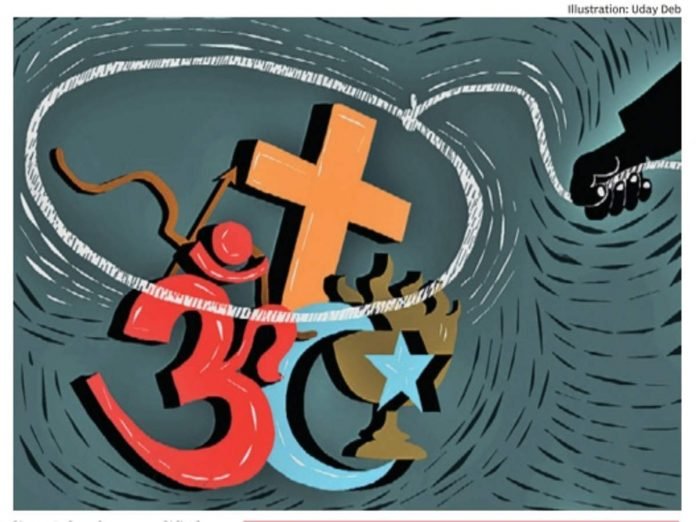
Referring to Article 44: Delhi High Court said a big deal on Common Civil Code- Delhi High Court has made important remarks regarding the Uniform Civil Code. Advocating the Common Civil Code, the Delhi High Court observed that Indian society is now becoming homogeneous. The court said that the barriers related to caste, religion and community are getting erased in society. During the hearing of the case, Justice Pratibha Singh made important remarks in this matter. Referring to the Supreme Court’s decision on the implementation of Article 44, the court said that the central government should take action on it.
Article 44 defines the Directive Elements of State Policy
Article 44 of the Indian Constitution defines the Directive Principles and Principles of State Policy. Article 44 deals with Uniform Civil Code. This article, relating to the Directive Principles of State Policy, states that ‘the State shall endeavour to secure for the citizens a uniform civil code throughout the territory of India’.
The letter was written to the Chief Justice of the Supreme Court
This was stated in a letter to the Chief Justice of the Supreme Court recently. In this, an appeal has been made to them that a bench should be constituted to hear the separate petitions filed for uniformity of personal law. Though there is no petition for the implementation of the Uniform Civil Code, but if the existing petitions are looked at in totality, the matter leads to its implementation.
Now different personal laws for different communities
At present, there are different personal laws for different communities and religions in the country. Muslim personal law permits four marriages, while other religions, including Hinduism, have a rule of one marriage. What is the minimum age of marriage? There are different rules on this as well. Muslim girls are considered eligible for marriage when they become physically adult (periods start coming). The minimum age of marriage in other religions is 18 years. As far as divorce is concerned, in Hindu, Christian and Parsi couples can get divorce only through the court, but in Muslim religion, divorce is done according to Sharia law.
Haven’t made uniform laws yet
Advocate Ashwini Upadhyay of the Supreme Court points out that during the debate on Article 44, Babasaheb Ambedkar had said, “Practically, there is a civil code in this country, the provisions of which are universal and are uniformly applicable throughout the country.” But there is the area of marriage succession where there is no uniform law. This is a very small area for which we have not been able to make uniform laws. So gradually positive changes should be brought.




































